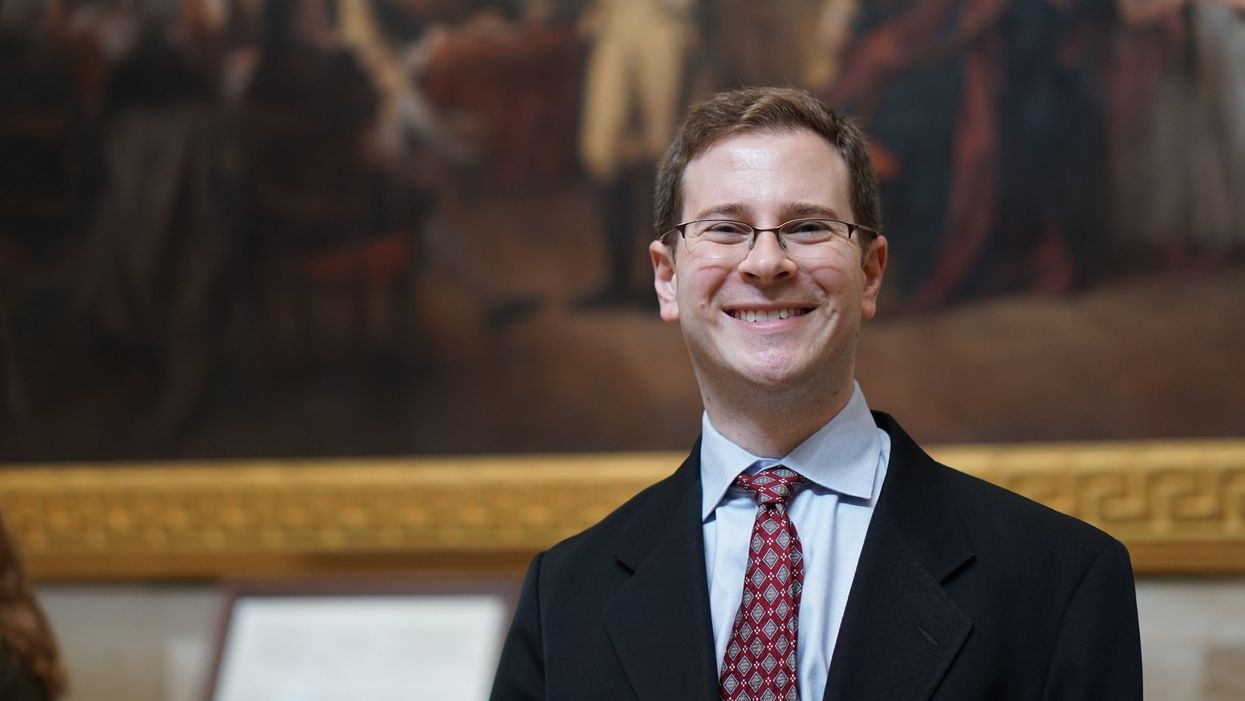Daniel Schuman is the policy director at Demand Progress, a nonprofit advocacy group focused on issues related to civil liberties, civil rights and government reform.
What's the tweet-length description of your organization?
Demand Progress is a progressive nonprofit focused on building a modern democracy. Our 2.5 million members are dedicated to fixing Congress, protecting our civil liberties, rooting out corruption, ensuring the ability to communicate freely online, and addressing undue corporate power.
Describe your very first civic engagement.
Accompanying my parents to vote.
What was your biggest professional triumph?
For years and years and years we had been pushing Congress — and the Library of Congress specifically — to publish the data behind its antiquated legislative information system, THOMAS. Library top management had successfully opposed these efforts and Congress was indifferent, but slowly we built up a constituency inside the legislative branch and we were about to have an amendment offered on the floor that likely would have succeeded. Suddenly, a deal was cut to avoid a scene and a task force was formed instead, with the idea that our proposal would go there to die. Instead, the task force brought together people from all across the legislative branch who not only realized the usefulness of this idea and endorsed it, but have continued to meet on a regular basis and push forward many reforms. We had aimed for a policy change and instead created a mechanism that changed the culture.
And your most disappointing setback?
I've watched my fair share of legislation make it to the finish line only to die or stall for unbelievable reasons. This is not uncommon — and there's always next Congress.
How does your identity influence the way you go about your work?
It gives me unfair credibility to advance my issues and I use it to push to make Congress more open and inclusive.
What's the best advice you've ever been given?
Everyone likes to be praised and no one likes to be criticized. Both are important.
Create a new flavor for Ben & Jerry's.
Berry Toasted (strawberries and champagne).
West Wing or Veep?
Yes, Minister.
What's the last thing you do on your phone at night?
Push 'Ignore' when it warns me it's time to turn it off.
What is your deepest, darkest secret?
I've never been to the top of the Capitol, but always have wanted to go.




















